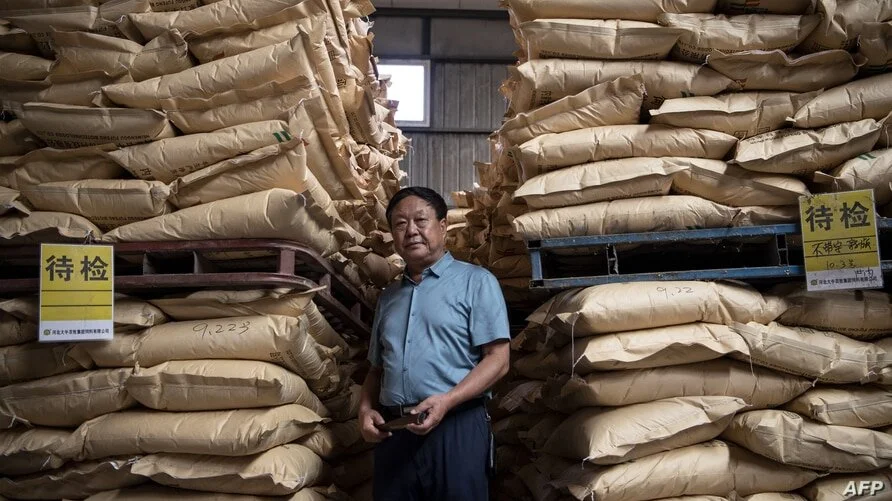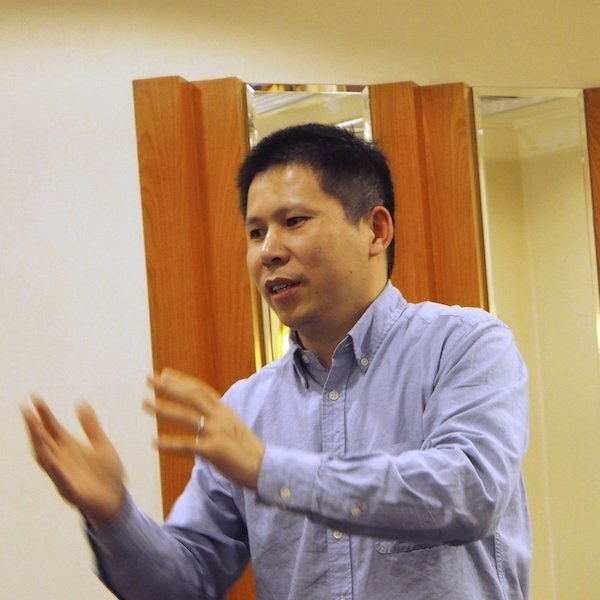By Jerome A. Cohen
I have discussed Xinjiang’s horrific detentions on my blog. There should be more investigative reporting that looks into various important questions. We do not know all the types of detention resorted to. They may include: simply lawless detentions, i.e., not based on any regulations or laws; detentions authorized by some written document even if issued only by low level police; detentions based on special legal provisions under the new Supervision Law; detentions based on the usual Criminal Procedure Law; and detentions based on special provisions of the Criminal Procedure Law, i.e., residential surveillance.
It would be difficult to convincingly argue that these detentions are consistent with the PRC Constitution if such arguments could be made before an impartial tribunal, which, of course, does not exist in the PRC. These detentions are very similar to those imposed for decades under “re-education through labor” (RETL), which, like several other notorious administrative detention procedures, finally had to be abandoned by the regime, at least in name. Yet similar detentions still take place under various rubrics such as “re-education” for drug offenders, prostitutes and their customers and political offenders who continue to be given “black jails” and other types of confinement.
We are purposely being kept in the dark about the unique, massive detentions in Xinjiang, which have confined many hundreds of thousands of closely-settled people on many specious charges. Perhaps the last time so many people have been detained outside the formal criminal process was in the 1957-59 “anti-rightist” campaign where RETL was first used.
Given the Communist Party’s domination of the judicial system, the legal impossibility of getting the courts to consider constitutional claims and the refusal of the National People’s Congress Standing Committee, which, unlike the courts, is authorized to interpret the Constitution, to consider such claims, there is no prospect for challenging the Xinjiang measures domestically. It is worth noting, however, that what is being done should be understood as violating procedural rights under Article 37 of the Constitution as well as various freedoms enshrined in the Constitution, not to mention relevant provisions of China’s Criminal Procedure Law and other national legislation.
To be sure, the Xinjiang measures also violate public international law in many respects. China has signed but not ratified the International Covenant on Civil and Political Rights, which plainly prohibits arbitrary detentions. The PRC has ratified the Convention Against Torture and the International Covenant on Economic, Social and Cultural Rights, and the Xinjiang actions are clear violations of these international treaties in many respects. Other international human rights violations can also be established. Relevant treaty bodies, such as the Committee Against Torture and the Committee on Economic, Social and Cultural Rights, should review the Xinjiang detentions in their dialogues with China, ask the Chinese government to provide accurate information and condemn violations in Xinjiang.
Additionally, other UN human rights agencies are the obvious fora in which to move, including the UN Human Rights Council, the UN independent human rights experts such the Working Group on Arbitrary Detention and other special rapporteurs, and the Office of the High Commissioner for Human Rights. Unfortunately China has moved skillfully to dominate the UN Human Rights Council and the U.S. Government has certainly not risen to the challenge of effectively opposing China’s maneuvers. The departure of Mr. Zaid, the energetic and courageous High Commissioner for Human Rights, is greatly to be regretted.
Individual countries, of course, can take actions, which is why I recommend that the U.S. Government adopt Magnitsky Act sanctions against those responsible for Xinjiang, starting with Xi Jinping.
Various concerned countries can also act in concert outside the UN, for example excluding China from major economic and political meetings. It is a particular disgrace that Turkic, Muslim countries and their organizations have done so little to condemn China for what it is doing to their kinsmen.
There should also be many public protests by ordinary citizens, i.e., NGOs and popularly-inspired meetings in free countries whose people support human rights.











